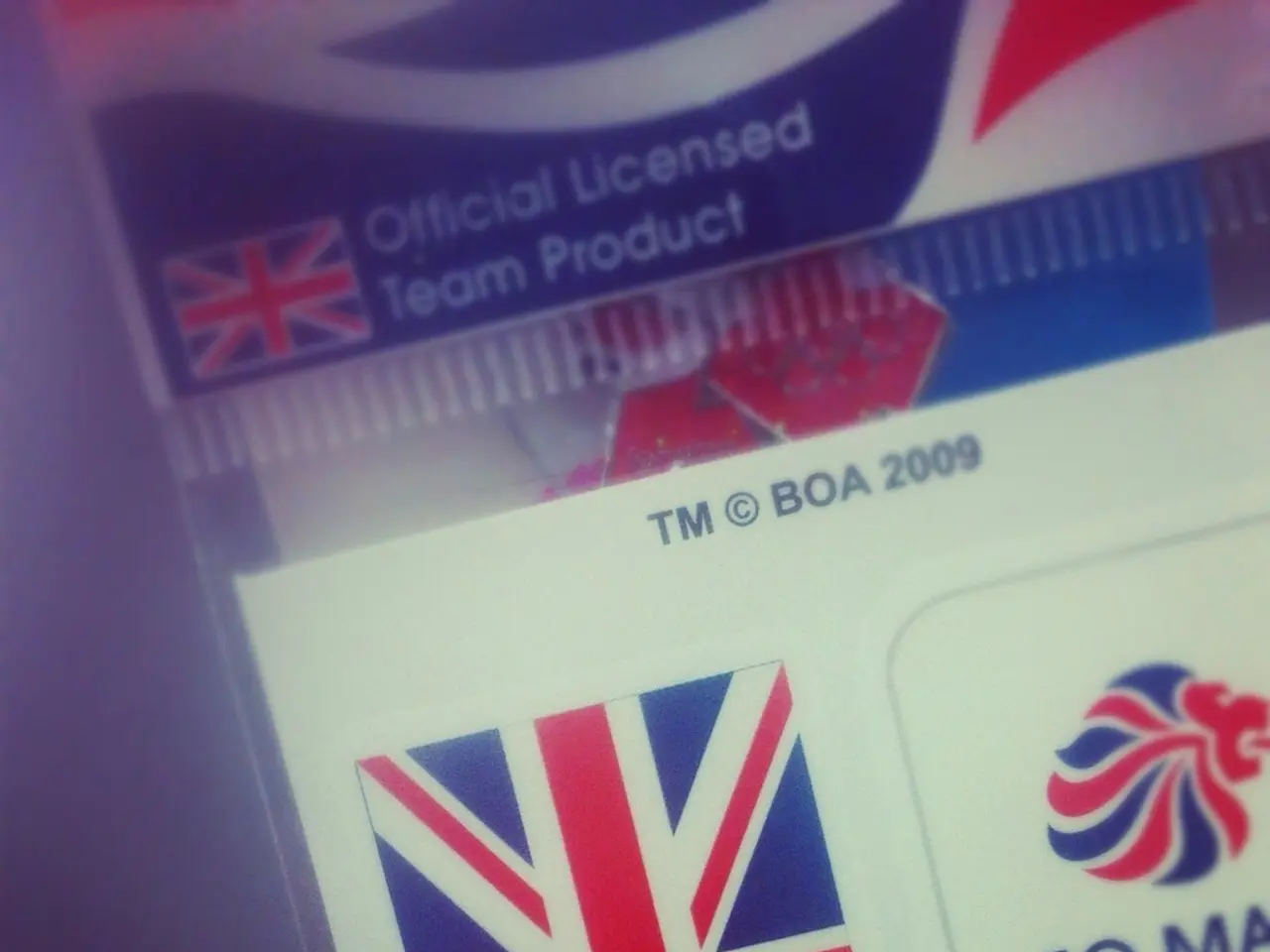Regulations for Affiliate Disclosure in Blogging and Web Sites, with Illustrative Examples
The Federal Trade Commission (FTC) has established clear guidelines for disclosing affiliate relationships in social media posts and advertising, aiming to ensure transparency and protect consumers from undisclosed material connections.
Firstly, it is essential to disclose when one receives payment for promoting a product or service, whether through sponsored posts, product reviews, advertising fees, or affiliate links. This rule applies to both bloggers and social media influencers alike.
Secondly, disclosures should be made on every platform and in every instance where an affiliate link appears. For instance, if an affiliate link is shared on Facebook, Instagram, Twitter, TikTok, YouTube, or Pinterest, a disclosure must be included each time, not just once.
Clear and straightforward language should be used in disclosures to avoid ambiguity. Be honest and direct, so your audience understands that you have a financial incentive.
Placement of disclosures is crucial. On Instagram and TikTok, include disclosures in your bio (e.g., “I earn from qualifying purchases #ad”) and use clear hashtags like #ad or #CommissionEarned in posts or stories containing affiliate links. Facebook and Twitter posts with affiliate links should also contain clear hashtags or statements such as #ad. On YouTube, place a full disclosure at the top of the video description and also verbally disclose affiliate links during the video. Email newsletters containing affiliate links on linked pages should include a disclosure at the top of the email.
Disclosures should be easily visible, especially on mobile devices. Avoid placing disclosures in sidebars or footers because mobile users may miss them. Disclosures should be upfront and prominent.
In video ads, disclosures should be on the screen long enough to be noticed, read, and understood. For audio ads, disclosures should be read at a cadence easy for consumers to follow and in words consumers will understand.
Disclosures for Instagram Stories and Snapchat should be superimposed over the image. On Twitter, the FTC suggests using "#ad", "Ad:", "Sponsored", "Promotion", or "Paid ad" as disclosures due to character limitations.
It is also important to note that disclosures should not be hidden or buried in footnotes, blocks of text, or hyperlinks. In affiliate marketing, using "Disclosure: Compensated Affiliate" is recommended, as some consumers may not understand "affiliate links" to mean payment for clicks.
Disclosures should be in the same language as the endorsement. Disclosure is necessary if a product is promoted after receiving money, discounts, credit, special access, or affiliate commissions. Disclosure is also required if a product is received for free with the expectation of a review, even if the product is available to consumers for free.
The FTC is currently investigating several schemes for potential deceptive practices. The Warrior Trading day trading investment scheme is under investigation for making misleading and unrealistic claims of big investment gains. The FTC is also looking into the complicated and potentially unfair economics and policies of the gig economy for deceptive, unfair, and otherwise unlawful acts and practices.
The recent investigation into OpenAI marks a significant turning point in the regulation of artificial intelligence in the United States. As technology continues to evolve, the FTC's guidelines will likely adapt to ensure that consumers are protected and informed in the digital age.
[1] FTC Endorsement Guides: What People are Asking [2] FTC's Endorsement Guides: What People Are Asking - Revised FAQs
*This article does not contain advertisements. It is intended to provide information about the FTC's guidelines for disclosing affiliate relationships in social media posts and advertising.*
Businesses that participate in affiliate marketing should disclose their affiliate relationships in all instances where an affiliate link appears, regardless of the platform used. This includes social media platforms such as Facebook, Instagram, Twitter, TikTok, YouTube, and Pinterest, as well as email newsletters and videos. The use of clear and straightforward language in disclosures is crucial to ensure transparency and protect consumers from undisclosed material connections. The disclosures should be easily visible, upfront, and prominent.




